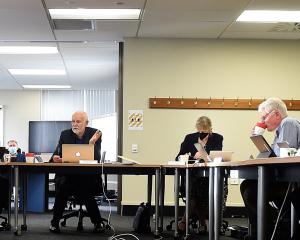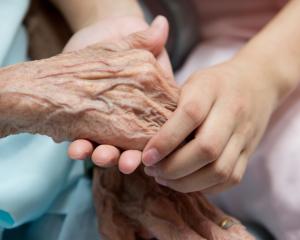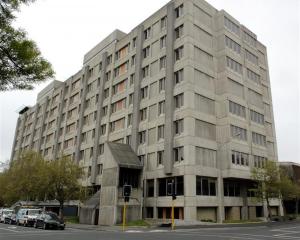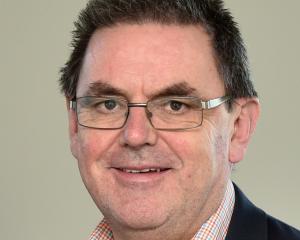An unscientific survey of Dunedin Hospital patients suggests about a third may either not be properly informed of some details of their care or fail to understand what they are told.
The Community Health Council recently carried out a patient experience survey as part of the Southern District Health Board’s ongoing efforts to alleviate bed block in Dunedin Hospital.
On a recent Monday, ward staff were asked to distribute the survey to 35 patients expected to be discharged that day.
SDHB chief nursing and midwifery officer Jane Wilson said best practice was that patients and caregivers should know the answers to four key questions — what was wrong with them, what treatment they were to receive, what was needed to get them home, and when they were expected to be discharged — and the survey was designed with that in mind.
Of the 31 forms returned, two patients did not know or were not sure why they were in hospital, and seven did not know what treatment was planned for them that day.
Five did not know and three were unsure what plans needed to be put in place so that they could go home.
Despite all of the patients being scheduled for discharge, nine did not know that they were going home that day and six said they had not been told or did not know if they had been told.
The survey drew responses from almost all of Dunedin Hospital’s surgical wards.
Ms Wilson said the fact that several patients in the survey did not know the answers to some or all of those questions suggested some clinicians might need to improve their communication skills.
"I think perhaps we need to do a notes audit," she said.
"Because this was anonymous we didn’t go back and match back the patient response, but we can never communicate enough, there is always more we can do there."
Ms Wilson said it might be valuable to repeat a similar exercise on a Friday to see what patients’ expectations were of what care they would receive over a coming weekend.
Council chairwoman Karen Brown said the survey had had an excellent response.
"I think it does show that good communication, and choosing the moment for communication with your patient, is really important," she said.
"Sometimes a patient is told these things and in a nurse’s or the staff’s mind it is quite categorically clear that something has been indicated to the patient but due to circumstances that the patient is going through at the moment it just completely slips their mind."
Ms Brown suggested that in future a council representative might be invited to join a ward round on a watching brief to assess the quality of information patients were being given.
Advertisement













